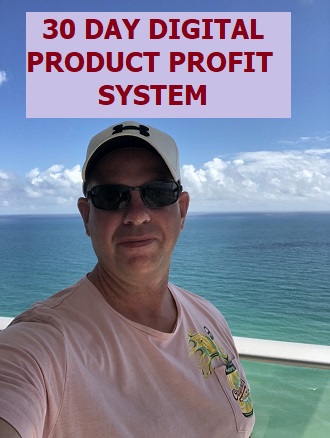You have to admire Seth Godin’s ability to constantly (I mean daily) find the biggest hornets nests, poke at them and run away…each time leaving a frenzied swarm in his path.
This is great blogging. It’s great publicity – before anyone will read what you’ve written and potentially become a fan, they have to be interested enough to get emotionally involved in what you write.
Seth’s recent blog post about SEO is a perfect case in point..Makng Money With SEO.
Is Seth Godin an SEO expert?Â
Not likely – just as he is not a deep expert on many of the topics he publishes on his blog. That’s ok, what he is very good at is touching on those “bee hive” type topics that results in online marketers, entrepreneurs, webmasters and (in this case) SEO professionals, from having an opinion and therefore linking back to his blog further widening the scope of his branding.
Seth’s most recent argument is that you have 2 choices on how to optimize your content for the search engines (hmm…black and white eh?)
1. You optimize for your root keyword – if you have a weight loss diet then you try and get ranked in the top listings for weight loss diet (as he points out the chances of this are pretty slim) OR
2. You “brand” your weight loss diet and your name and then optimize for your “owned” brand.
Absolutely – #2 is a great way to approach any market – if you want to dominate a market, then set it up so that when you dominate it, you have a technology at play…a system, a formula, and YOU are the expert.Â
But..there are other options as well, and I’m pretty sure Seth understands the concept of the “long-tail” since he has written about many times in the past.
Instead of optimizing your content for weight loss diet, where you have some 3Million competitors under exact match that come up in our friendly Google search, you can optimize for “weight loss diet plans” and fairly easily reach the top page of results with 93,000 exact match competitors.Â
Likewise there are dozens of other long-tail phrases that still get thousands of searches each day where you can dominate the top pages of Google.Â
The next test is to uncover which of these are most profitable…that will take another blog post. All I will say here is that you can uncover the highest ROI long-tail keywords in a matter of 5-7 days if you are willing to drive initial traffic through paid advertising ($200-$500 of investment).Â
The Good, The Bad, And The Ugly…
So, let’s summarize shall we:
The Good:Â Seth’s ideas on branding yourself and your solution are A1, invaluable strategies – not nearly enough people think in terms of making their products, services and businesses easily identifiable and linked to unique value.
The Bad: Just as not everyone who searches for weight loss diet plans is looking to buy your stuff, neither are those who search for particular brands or people looking to buy what they have – so the example of branding yourself isn’t always the one to take. A much better approach is to brand a system or solution to a challenge and drive those obviously seeking solutions to their challenges to your page using long-tail keywords phrases – which brings us to the UGLY.
The Ugly:Â By painting a black and white picture excluding the most profitable and valuable SEO information of ALL…Seth is badly misleading his readers and for that, he must be held accountable.Â
Alright – there’s the rant for today. But more than just a rant, I’m hoping that you take 3 major points out of this ramble:
1. “Bee Hive” Blogging is a great way to attract attention and interest to your blog – something most blogs are sorely missing
2. Yes, focus on creating a highly value, unique and easily recognizable brand for your products. Inside InfoMarketer’sZone we teach systems for packaging information into courses, books, ebooks and other info products with an emphasis on turning that information into “solution systems” so they can be tested and recognized as helping customers achieve major life outcomes.Â
3. Understand that there are powerful, long-tail methods of optimizing your content for keywords that attract rabid buyers within your marketplace – and they DON’T involve targeting the most competitive, general root keyword for your product or service.Â
Jeff


